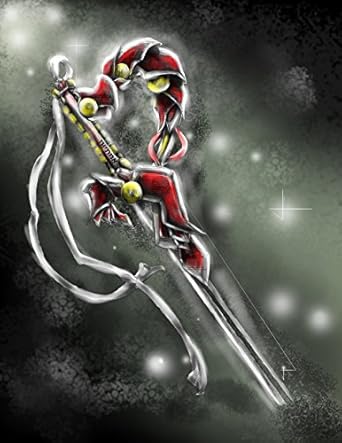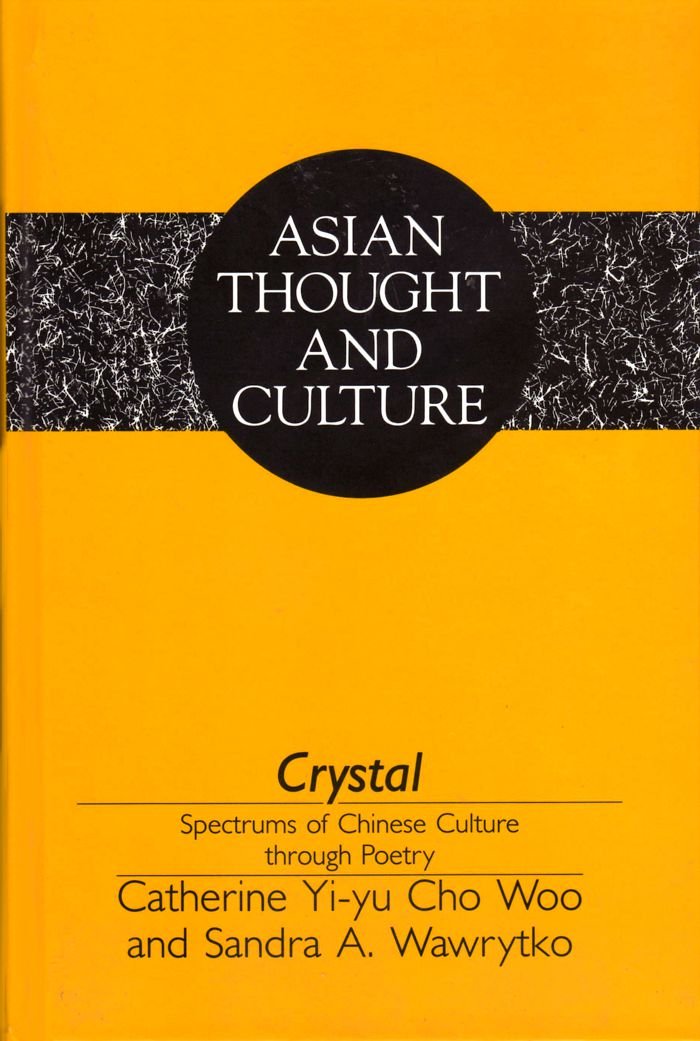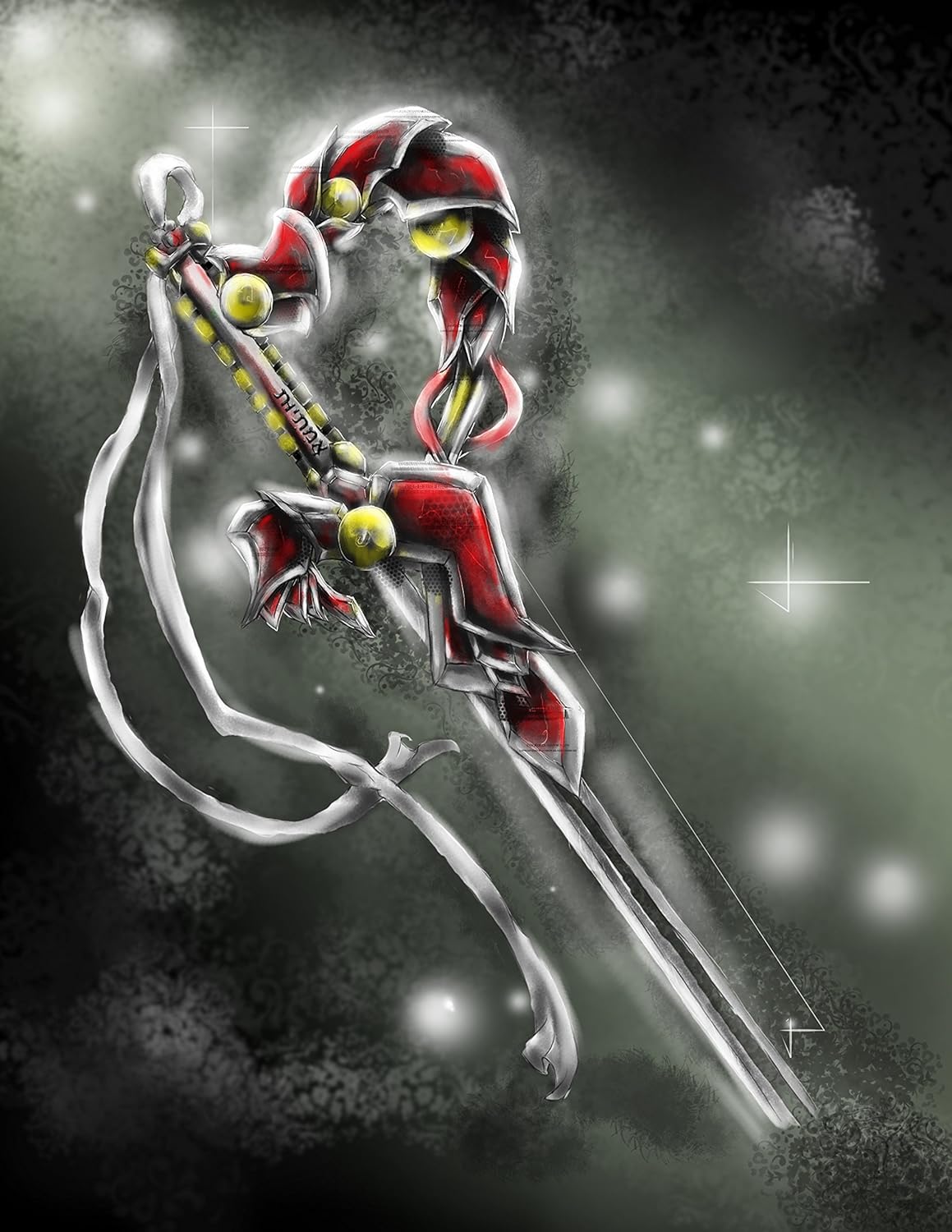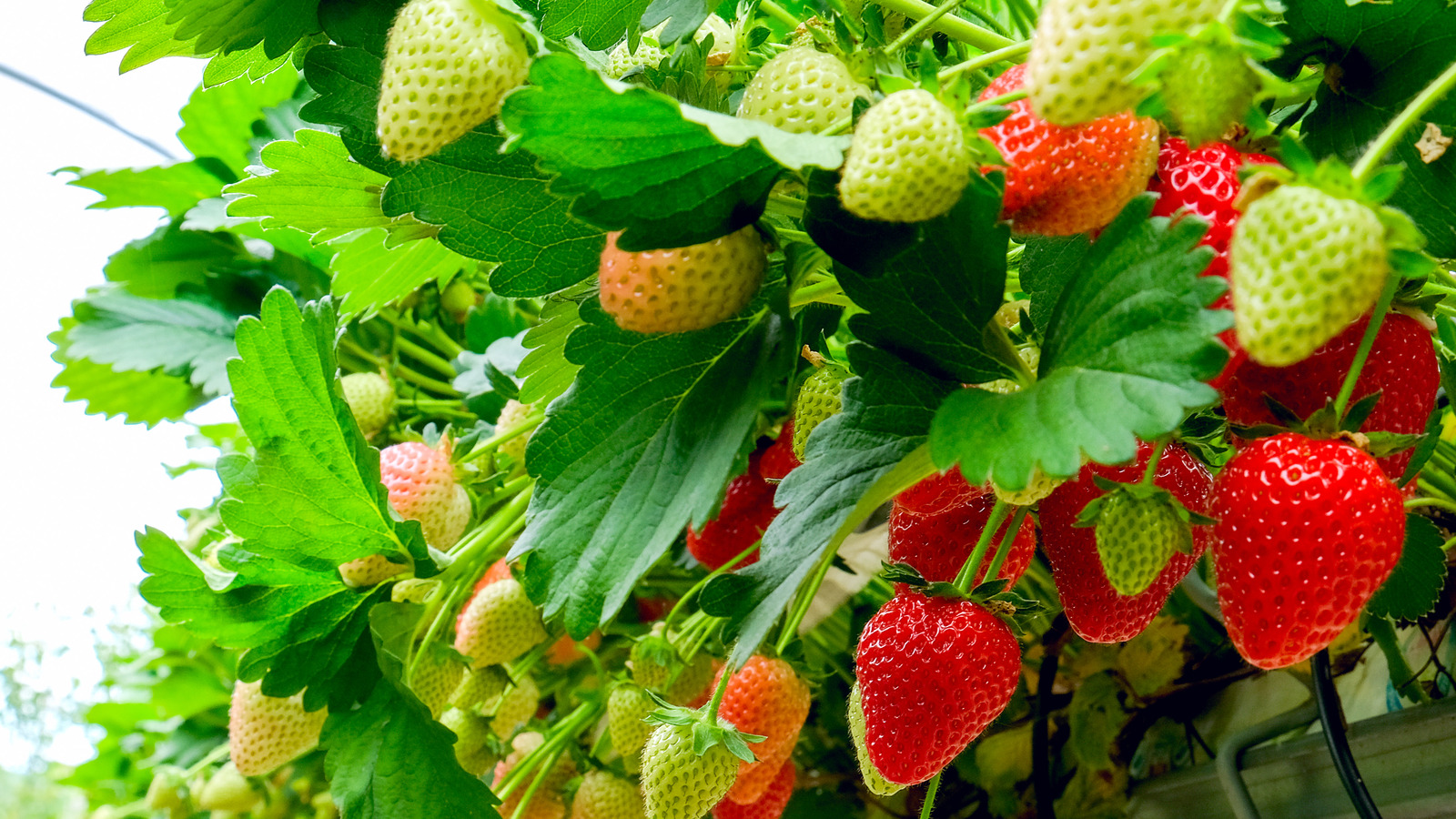Cho Dong-hwa, a celebrated South Korean author, is known for his evocative storytelling and deep philosophical explorations. His works often reflect a profound connection with nature, presenting it not just as a backdrop but as a vital character that influences human emotions, decisions, and existence. This article examines how the natural world serves as a muse in Cho’s literature, shaping themes, character development, and narrative structure.
Nature as a Central Theme

In Cho Dong-hwa’s narratives, nature is a recurring motif that transcends mere description; it is intricately woven into the fabric of his storytelling. The natural elements serve both as symbols and catalysts for the emotional and spiritual journeys of his characters.
- Symbol of Change: Nature often symbolizes the cyclical nature of life and the inevitability of change. In works like “The Hen Who Dreamed She Could Fly,” the protagonist’s journey through the natural landscape mirrors her personal growth and transformation.
- Emotional Reflection: The state of the natural world often reflects the internal struggles and emotional states of characters. For example, tumultuous weather may accompany moments of conflict or despair, enhancing the reader’s understanding of the characters’ experiences.
- Spiritual Connection: Cho frequently explores the spiritual dimensions of nature, suggesting that the natural world is a source of wisdom and solace. This is evident in his depictions of serene landscapes that provide characters with moments of clarity and insight.
The Interplay Between Humans and Nature

Cho Dong-hwa’s works often highlight the symbiotic relationship between humans and the natural environment. He presents nature not merely as an external force but as an integral part of human identity and experience.
- Environmental Awareness: Through his narratives, Cho raises awareness about environmental issues, emphasizing the consequences of humanity’s disconnect from nature. His portrayal of polluted landscapes serves as a critique of industrialization and urbanization.
- Cultural Significance: Nature in Cho’s works is often interwoven with cultural identity. He draws from traditional Korean beliefs and practices that honor the natural world, showcasing how cultural heritage is entwined with the environment.
- Conflict and Harmony: The tension between human desires and nature’s limits is a recurring theme. Characters often face dilemmas that force them to confront their relationship with the environment, leading to moments of either conflict or harmony.
Case Studies: Specific Works and Natural Elements

To understand the depth of nature’s influence in Cho Dong-hwa’s literature, we can analyze specific works that illustrate these themes effectively.
“The Hen Who Dreamed She Could Fly”

This poignant tale follows a hen named Sprout, who yearns for freedom beyond the confines of her coop. The natural world plays a crucial role in her journey.
- The Journey: Sprout’s exploration of the countryside symbolizes her quest for self-discovery and independence. The lush landscapes represent her dreams and aspirations, contrasting sharply with the limitations of her previous life.
- Animal Relationships: The interactions between Sprout and other animals reflect the interconnectedness of life. Each character embodies different traits influenced by their natural surroundings, offering insights into the diversity of existence.
“Our Twisted Hero”
In this narrative, Cho explores the dynamics of power and manipulation within a school setting. Nature serves as a backdrop that accentuates the emotional turbulence of the characters.
- Symbolic Landscapes: The schoolyard and its surrounding natural elements mirror the internal conflicts of the characters. The changing seasons symbolize the evolution of their relationships and moral dilemmas.
- Nature as a Refuge: Characters often seek solace in nature during moments of distress, highlighting the healing power of the natural world.
Statistics and Insights on Nature in Literature
![The Love of an Apple Tree (Korean Bilingual Poetry) [1/31/2014] YoonHo](https://m.media-amazon.com/images/I/41yx3fJKQ3L.jpg)
The influence of nature in literature is a well-documented phenomenon. Studies indicate that literary works that incorporate natural elements often resonate more deeply with readers, fostering emotional connections. According to a survey conducted by the National Endowment for the Arts, literature that emphasizes themes of nature can lead to enhanced reader engagement and empathy.
- Over 70% of readers report feeling a strong emotional response to stories that feature vivid descriptions of nature.
- Literary works that intertwine human experiences with natural settings often receive higher critical acclaim and reader satisfaction.
- Research shows that environmental themes in literature can inspire activism and a deeper appreciation for ecological conservation.
The Philosophical Underpinnings of Nature in Cho’s Works

Cho Dong-hwa’s engagement with nature is not merely aesthetic but deeply philosophical. His works often reflect existential questions about humanity’s place in the world.
- Interconnectedness: Cho emphasizes the idea that all life forms are interconnected. This perspective encourages readers to reflect on their relationship with the environment and the impact of their actions.
- Nature as a Teacher: In many of Cho’s narratives, nature serves as a mentor, offering wisdom and lessons to characters who are willing to listen. This theme encourages mindfulness and respect for the world around us.
- Transience of Life: The ephemeral beauty of nature in Cho’s works serves as a reminder of life’s fleeting moments, urging readers to appreciate the present and embrace change.
Conclusion: Nature’s Enduring Influence in Cho Dong-hwa’s Literature
Cho Dong-hwa’s works resonate with readers not only through their compelling narratives and rich character development but also through the profound influence of nature. His ability to weave the natural world into the emotional and philosophical fabric of his stories offers a unique lens through which to explore human experiences. By presenting nature as both a muse and a powerful force, Cho invites readers to reflect on their own connections with the environment.
As we delve into Cho’s literature, we are reminded of the vital role that nature plays in shaping our identities, decisions, and understandings of the world. Through his vivid depictions of the natural landscape, Cho not only enriches his narratives but also encourages a deeper appreciation for the beauty and complexity of the world around us. In an era of increasing environmental awareness, Cho Dong-hwa’s works serve as a timely reminder of the importance of nurturing our connection with nature.





